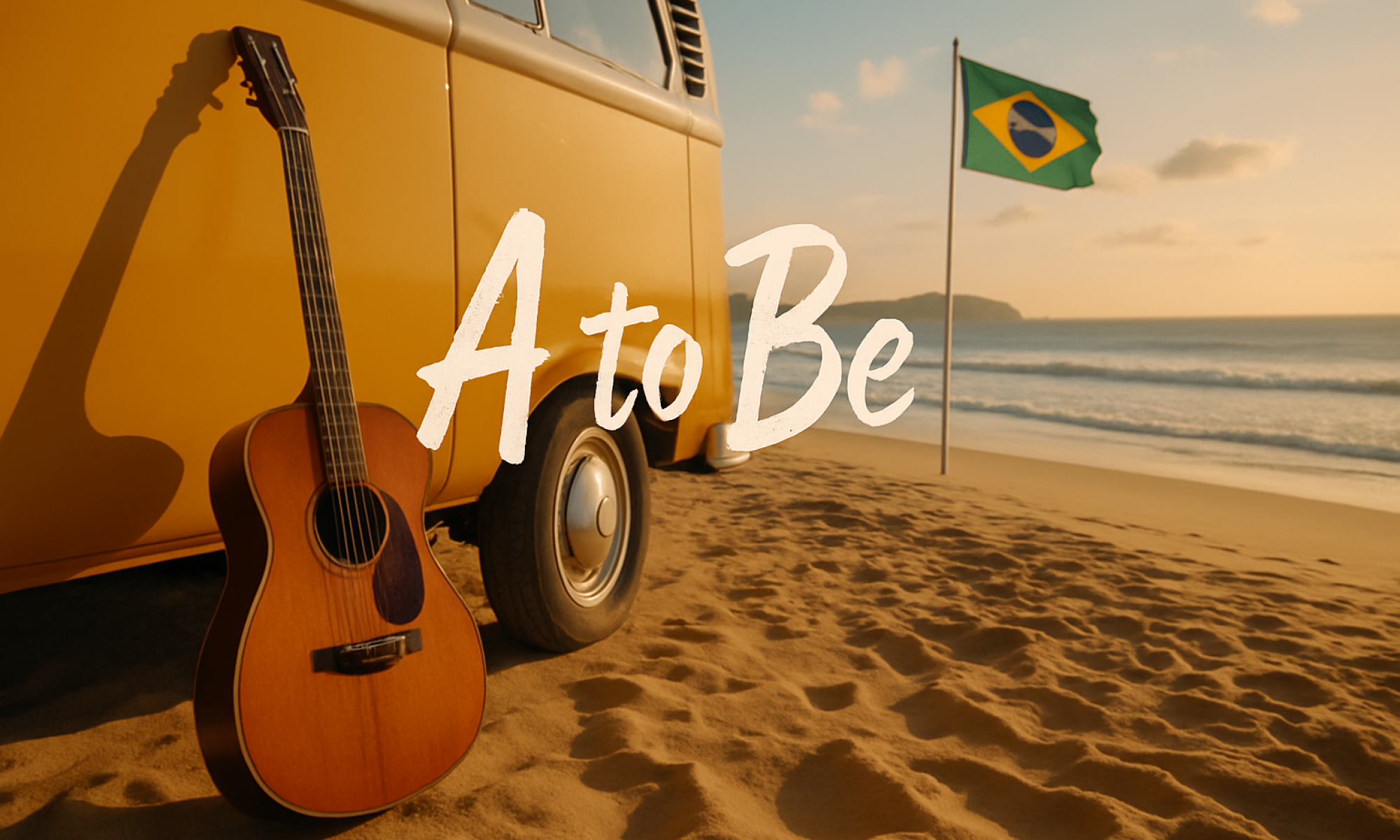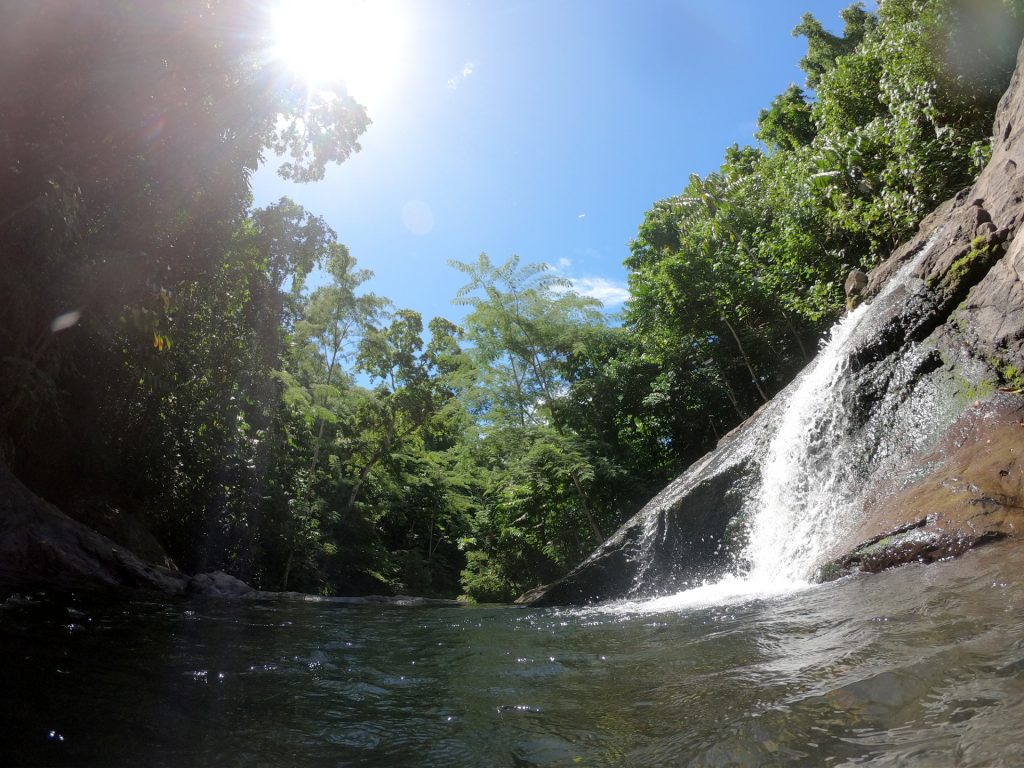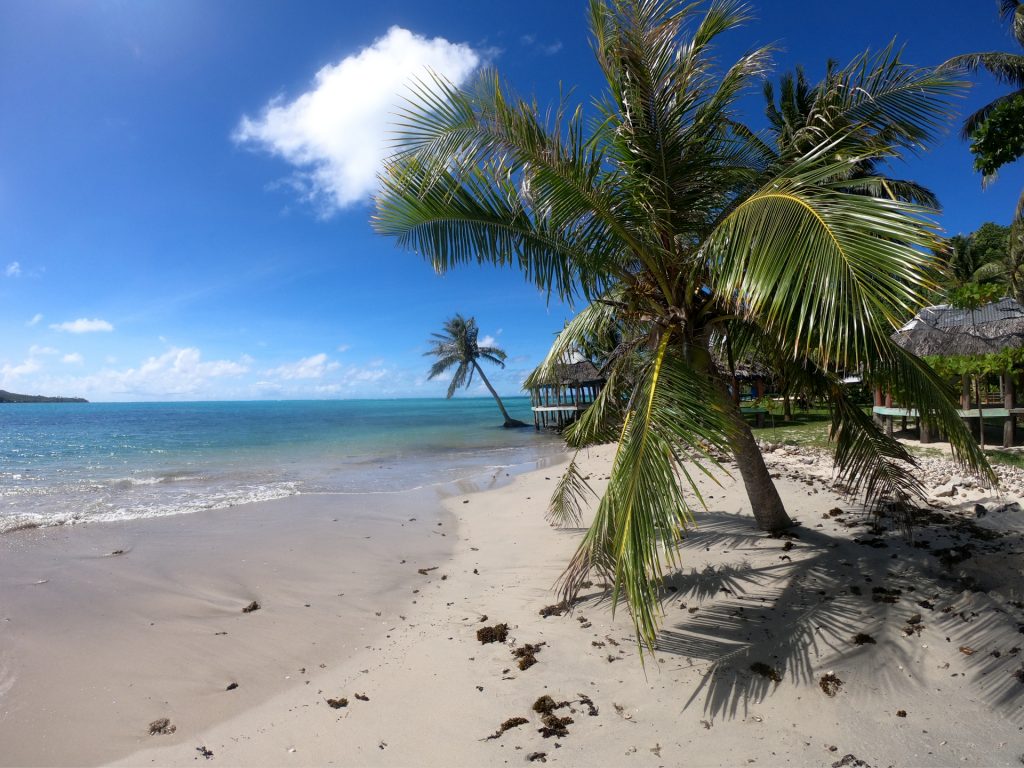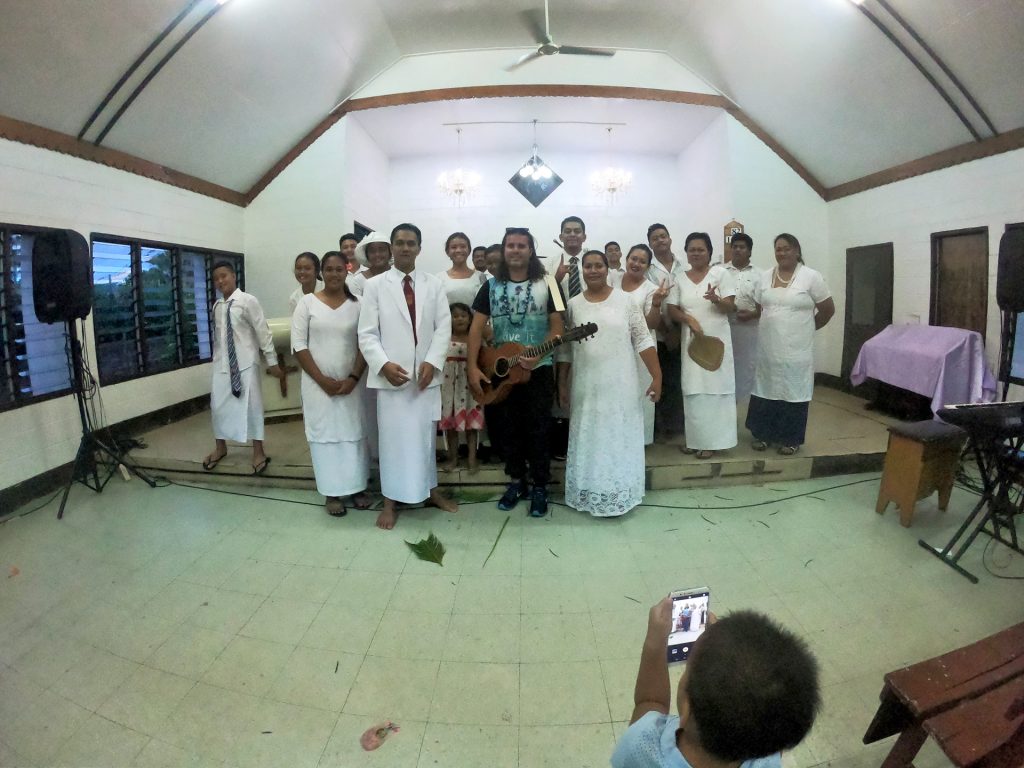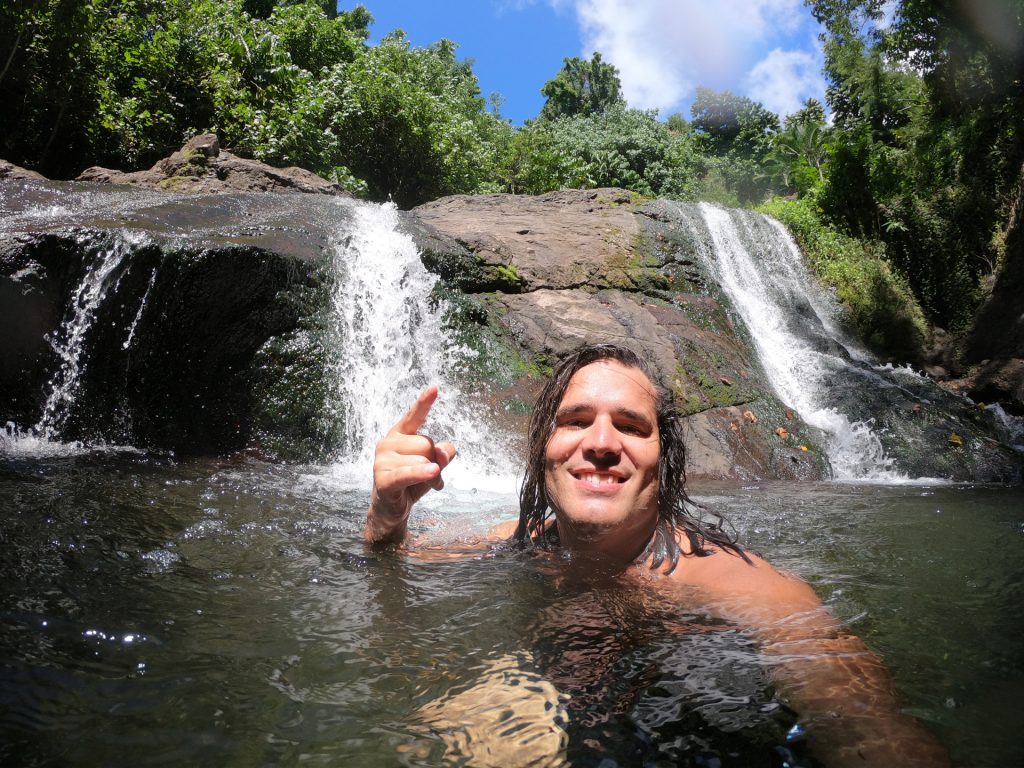Fiji has 300 islands, of which about 100 are inhabited. The islands are beautiful, of course, but it would take a lot of time to get a closer look at the many beaches and coral reefs. For example, my boat trip from the city of Nadi to „Nacula Island“ took four hours.
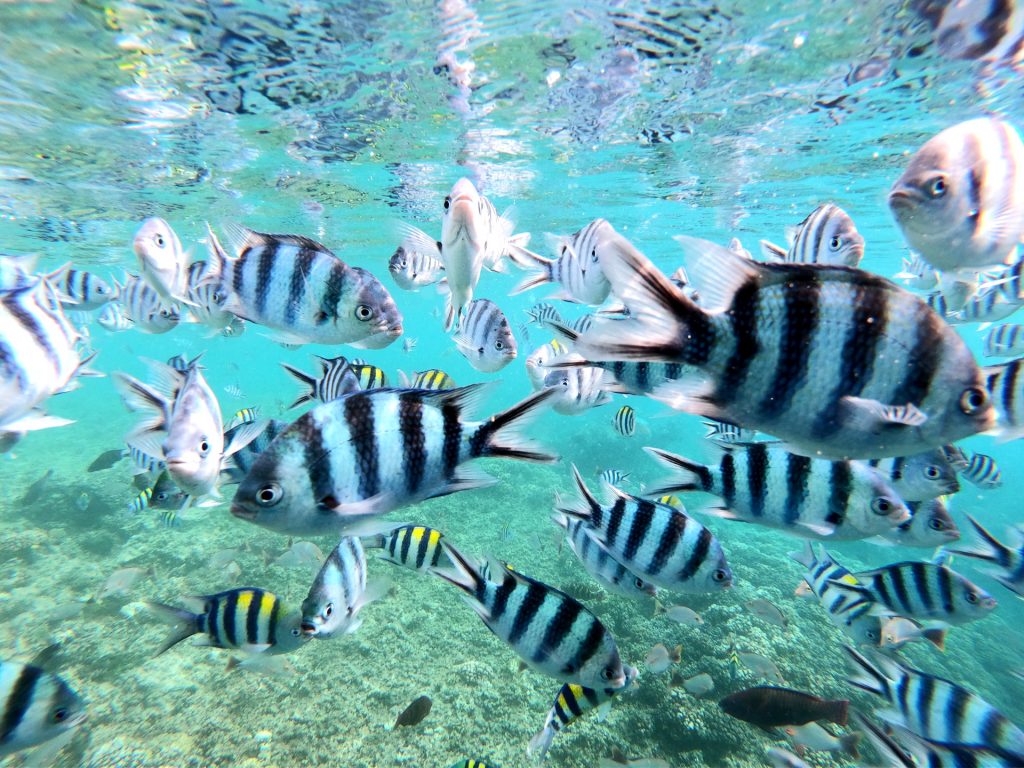
I had the opportunity to get an impression of the landscape, the inhabitants, culture and the music. The locals are definitely very nice and helpful. I had a very interesting conversation with a boatman who grew up more or less as a native. He said that at that time he had experienced his youth without electricity and technology and that fire was still being produced there by hand. He remembered the first time he reached the main island of Viti Levu with a small self-built sailboat. The journey took over twelve hours. At that time, he and the villagers exchanged fish in the city of Lautoka for other products.He also told me that money was not given much attention in his village. He meant that the first money had been used in part to make the fire quicker. According to his story, there was only exchange, but this was not even a trade, but they gave each other spendable things. If you caught fish, the fishermen simply shared it with the villagers without getting anything in return. For that, the fisherman got fruits or clothes from the villagers when he needed them. His stories sounded very harmonious, but this time is (partly) over and he has said that it draws the young villagers into the city, as well as him, to earn money, so that one day his children would receive a good education and just as he could lead a better life. The socioeconomic problem is immediately apparent in Fiji, and in the city of Nadi you can see very poor people, or people trying to sell their simple products to tourists, or people looking for jobs in hotels. There are numerous hotels and tourist resorts, which are mostly „all inclusive“ in combination with tour operators, so vacationers have no need to buy more products from the locals. Of the expensive hotel facilities (sometimes costs up to $2000), the locals have relatively little, maybe a few underpaid auxiliary jobs.
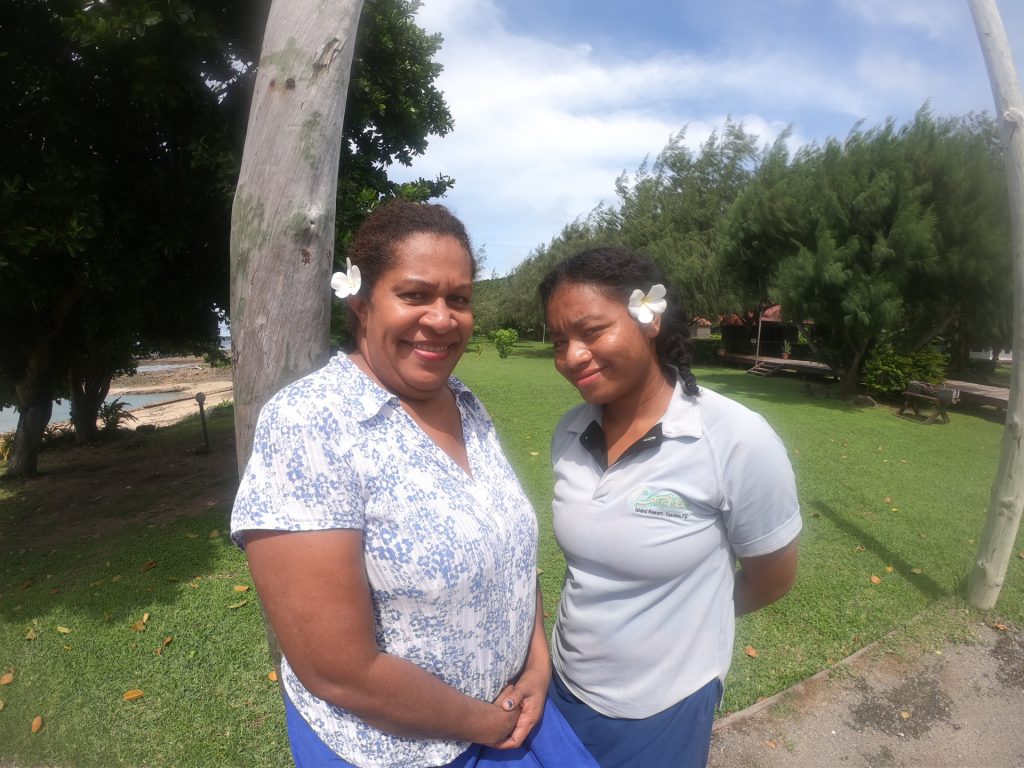
The general population does not get much of the big tourism business and some economic opportunists hope for more profit and may be able to expand or expand their resorts. This not unknown phenomenon occurs when the politicians act more for self-interest and the economic interests (or the hotel and travel groups) than to fight for the rights of the natives. The hotel owners and a few politicians benefit and the rest looks through their fingers. In addition, the expensive hotel resorts more and more privatize the beautiful beaches and you can´t even simply put on the boat somewhere to visit the beautiful beach. The greedy man manages to turn the mood of a paradisiac idyll into a money-oriented prison. But maybe some hotel managers or investors may claim to have a 5 star Fiji tourism resort. Stupidly, these people are admired for this in our monetary society and you may even look at them rather than recognize the associated problems. Often, these „money-men“ appear attractive or even respected in our monetary society, as they would create jobs rather than recognize injustice. In my home country Austria it´s not different, here I know that the seasonal workers, since they often do not know about their employment status, are more or less modern slaves on time. The greed of some companies goes so far that they use the not knowing of the employees, and save taxes at the expense of the poor. But where no plaintiff, there is no judge. This field of work is also known as „working poor“.To top it off, I would like to refer to the short story „The Vultures of Greed“ by the austrian lawyer and author Lothar Krist. For many years now I am a big fan of his works. I honestly hope he archives all of his writings well. Some texts can be found at www.e-stories.de | Lothar Krist.
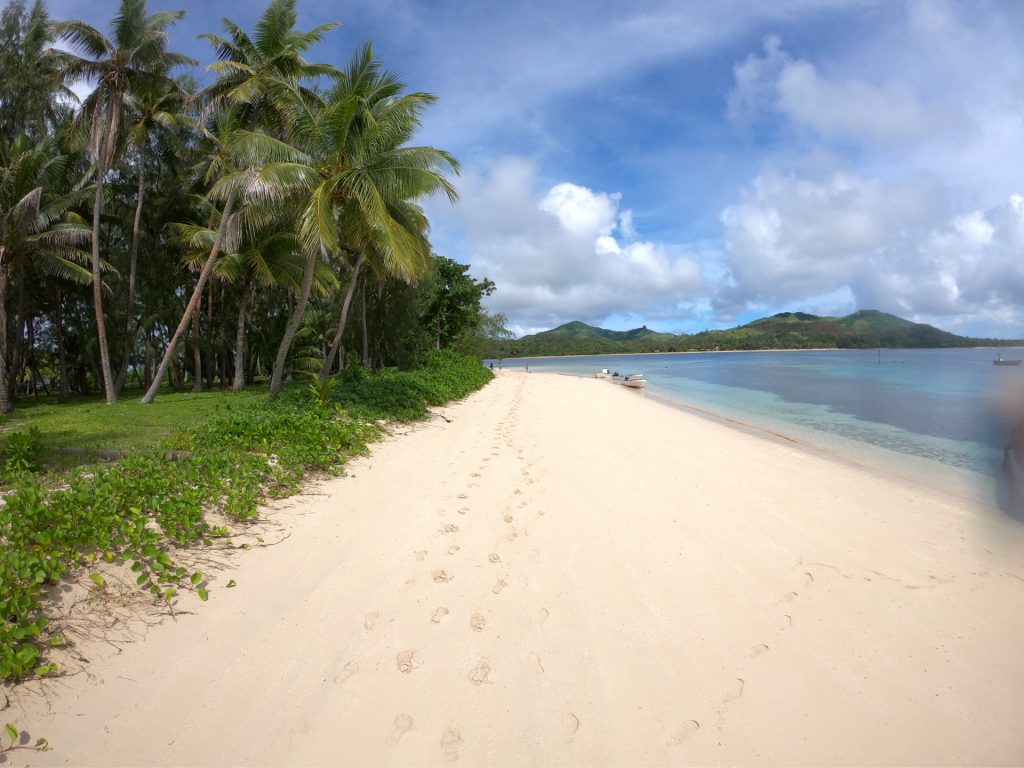
When one sees this wonderful nature, with the friendly people, one wonders why the capitalist man in general has the need to want to have more and more and power + Ownership statements about the free nature to raise. Why we can´t just live in harmony together and follow the idea and imagination of John Lennon “…the world will be as one“?
But it probably starts with it, as with the villager described earlier, who has the need for a „better life“ for himself and his descendants. But there is a consolation: no one can take anything to the grave anyway. You can possibly bury yourself at the dream beach maybe.
When I think this way, the end result of existence and universal change always seems to me to be controversial. My microcosmic complaint might be so on the macro level „Why suck black holes on everything? Injustice? Is it about universal greed?“ But for me, the positive memories of Fiji remain in my memories. I had a great time on Fiji and especially enjoyed the music evenings together with the locals and the travelers. The South Seas style of music is beginning to appeal more and more to me. Although the songs in the South Seas always sound a little bit the same and monotonous at first, the melodies really had a calming effect on me. The Fiji songs are very relaxing and soulful.
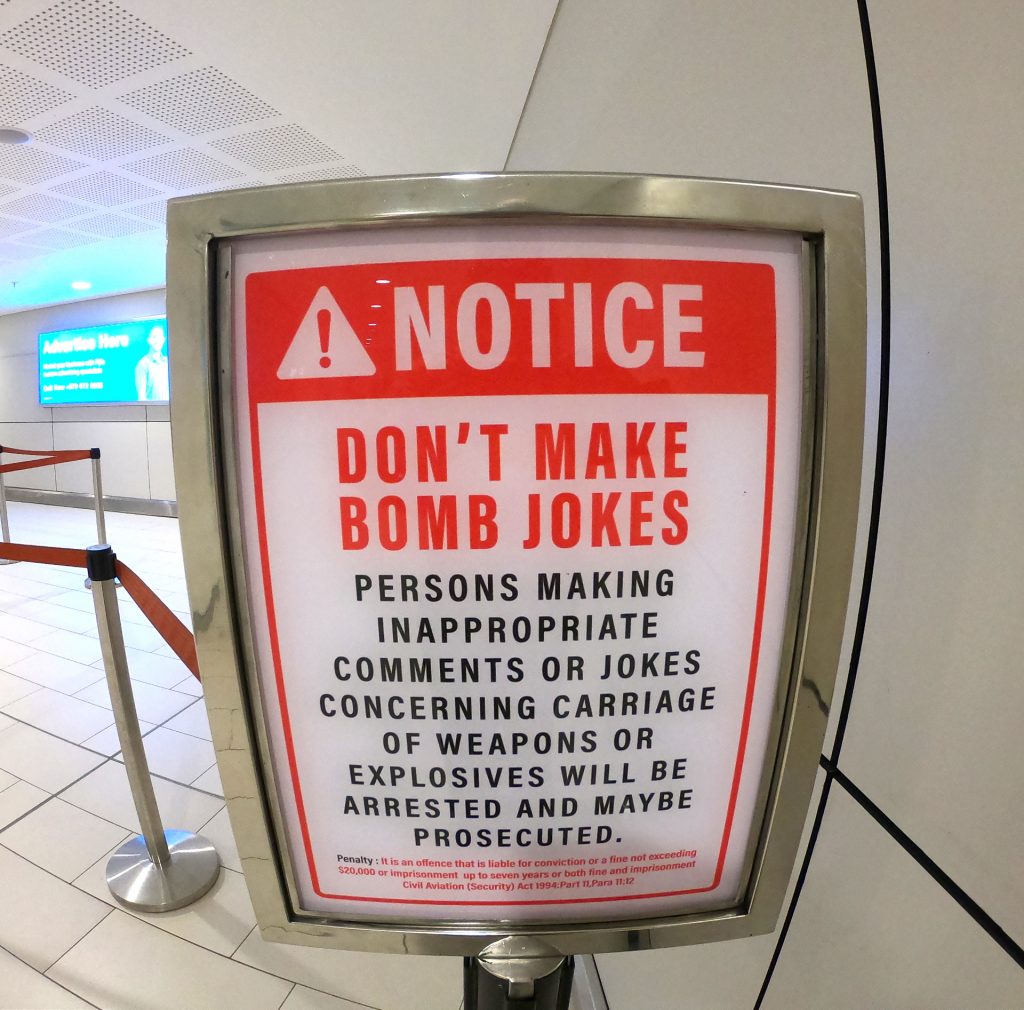
Amusing on the edge: During my onward journey I found a special warning at the airport Nadi. „Don’t make bomb jokes“ – I really had to laugh. You have to think about how many people had to make a „bomb-joke“ at the security check at the airport until you set up a warning sign. 😀
My journey continues on to Hawaii!
